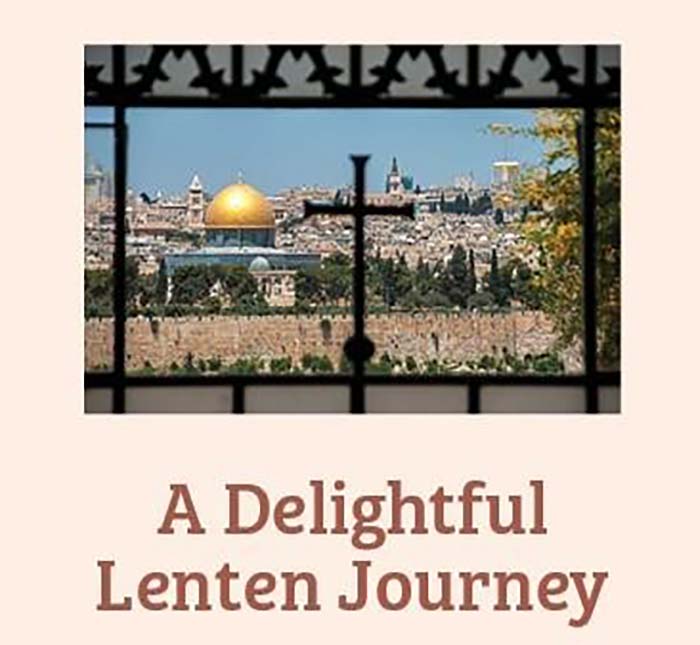Click the arrow below to hear a member of the Assumption community read today’s Gospel.
The dignity of the poor
The purpose of the parable of the rich man and Lazarus is not to nourish our hope for the afterlife. It invites us to be sensitive to the dignity of every person, created in God’s image and likeness. It calls us to do something here and now for the poor. The parable doesn’t seek to condemn us. Quite the opposite, it leads us to act rightly in order to avoid any possible condemnation!
Beyond every situation
There is a poor man called Lazarus. His name means God helps. His name is his only possession. He lies at the door of the rich man’s house. Even though the rich man is in a superior position to Lazarus, the parable doesn’t give his name. Every day, he offers a sumptuous dinner. Imagine that he is very generous to those who share his feasts. His only problem is forgetting poor Lazarus who desires to be filled with the scraps of bread. Does he know Lazarus? Later in the story, he calls Lazarus by name. This suggests that he is aware of Lazarus’ miserable situation, but he doesn’t do anything to help him.
Beyond death
The condition of the lives of those two men is radically different, but they share the same destiny, which is death. When Lazarus died, angels carried him to Abraham. He entered the eternal feast with the patriarch. So, there is a reversal of the situation. The rich man sees Lazarus far off, as Lazarus saw him from the door. He longs for his thirst to be slaked by some drops of water from the feast table. The drops of water go with the scraps of bread. On earth, Lazarus suffered from hunger and sickness. Now here, the rich man suffers from the flaming heat. In both cases, their longing is unfulfilled. But it seems that the situation of the rich man is lasting and irreversible, whereas that of Lazarus is changed forever.
Beyond every request
In his despair, the rich man tries to show his altruism. He asks Abraham to send Lazarus to his five brothers to warn them. Is it a free suggestion? By his request, the rich man gives Abraham to understand that he and his brothers are not informed of the need to care for the poor. Faced with a such request, Abraham gives a clear answer: “They have Moses and the prophets. Let them listen to them.” Abraham’s answer cuts off the hope of the rich man who seeks to justify his attitude toward the poor. For the patriarch, if someone doesn’t do anything for the poor, it is not because he is ignorant of the Bible teaching. Rather, he doesn’t want to listen to it.
The Bible repeatedly invites us to take care of the poor, who are God’s friends. The parable of the rich man and Lazarus goes to the root of this teaching. It calls us to act without delay. We understand this parable more and more when we let the cry of the poor resound in our hearts. In the middle of our feast, let us keep a place for the poor, for the refugees. In that way, the dignity of each person is celebrated and the fraternity of all God’s children is proclaimed.
Prayer: God of mercy, help us to see every human being through your eyes.
Resolution: Invite a poor person to my party.

